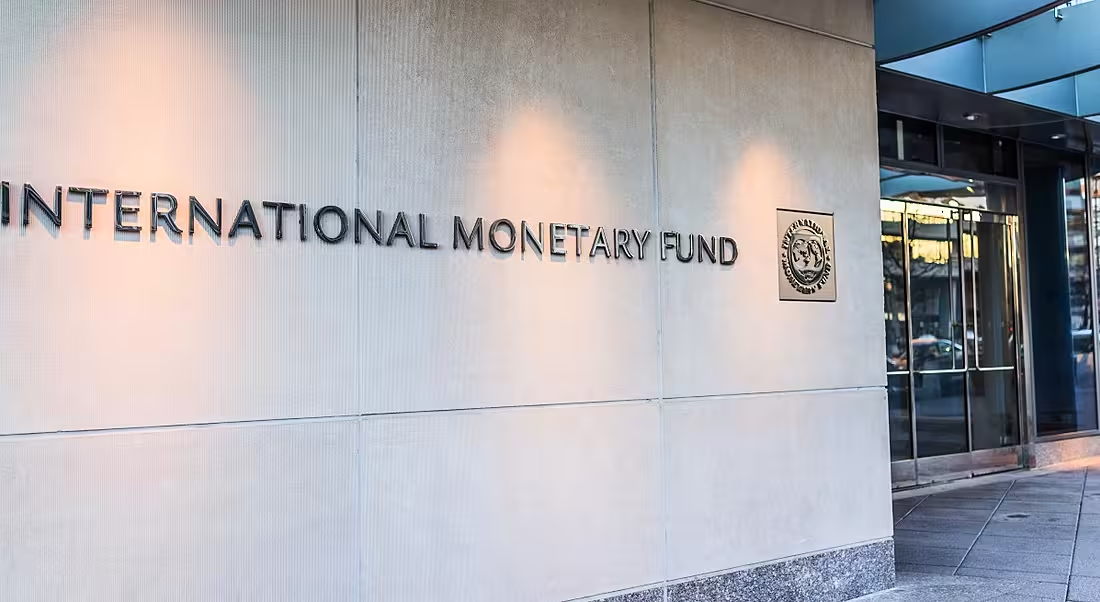A new report by the International Monetary Fund (IMF) takes an in-depth look at the potential impact of generative AI on the future of work and economic inequality. Its verdict is mixed.
In a blogpost about the study, Kristalina Georgieva, managing director of the IMF, wrote that the organisation’s analysis looked at both the benefits and threats associated with AI.
“Many studies have predicted the likelihood that jobs will be replaced by AI. Yet we know that in many cases AI is likely to complement human work. The IMF analysis captures both these forces,” she said.
She acknowledged that it was difficult to predict the “net effect” of AI on the global labour market, but “what we can say with some confidence is that we will need to come up with a set of policies to safely leverage the vast potential of AI for the benefit of humanity”.
To help assess how prepared countries are for AI advancements, the IMF developed an AI Preparedness Index which measures AI readiness in areas such as digital infrastructure, human capital and labour market policies, innovation and economic integration, and regulation and ethics.
Using the index, the IMF assessed 125 countries. Singapore, the US and Denmark scored as the best-prepared.
The IMF’s analysis found that 40pc of global employment is exposed to AI. Advanced economies – such as the aforementioned trio Singapore, the US and Denmark – are at greater risk but they are also “better poised” to exploit AI benefits than developing economies.
In advanced economies, roughly 60pc of jobs are exposed to AI, because of the amount of white-collar workers. Of these, around half may be negatively affected by AI, while half could benefit from productivity gains.
Currently, the overall exposure to AI is 40pc in emerging market economies and 26pc in lower-income nations.
The IMF is concerned about AI exacerbating fiscal inequality because while workers in developing countries are less exposed to the tech, they are also less prepared to capitalise on AI’s advantages – such as productivity.
“This could exacerbate the digital divide and cross-country income disparity,” said the IMF report. It pointed out that workers need to be prepared for AI advancement and “social safety nets” need to be put in place to ensure nobody is left behind.
In her accompanying statement, Georgieva also mentioned safety nets. “In most scenarios, AI will likely worsen overall inequality, a troubling trend that policymakers must proactively address to prevent the technology from further stoking social tensions.
“It is crucial for countries to establish comprehensive social safety nets and offer retraining programmes for vulnerable workers,” she wrote.
Ethics and education
According to Kevin Macnish, head of ethics and sustainability consulting at tech company Sopra Steria, ethics and education must be focused on to ensure inclusive AI adoption for all.
“With adoption accelerating, we have a duty of care to ensure AI is used in a transparent and responsible way, starting with considering an ‘ethics by design’ approach during its development and implementation.
“Educating the public on how to use AI effectively will also help make the technology more accessible and easier to understand, and prevent these digital divides from occurring before it’s too late,” he said.
The IMF’s report contained a lot of information that many industry people have already highlighted, including that workers need to be properly taught how to use AI to maximise their work. For example, the OECD has called for more policies to help workers mitigate the risks associated with AI. Even the likes of Geoffrey Hinton, the ‘godfather of AI’, has spoken out repeatedly about the tech being used to perpetuate inequality.
The report also said that older workers may be more vulnerable to displacement as AI adoption increases, an issue which has been pointed out in the past. Interestingly, it found that women are in a good position when it comes to capitalising on AI’s potential.
10 things you need to know direct to your inbox every weekday. Sign up for the Daily Brief, Silicon Republic’s digest of essential sci-tech news.




